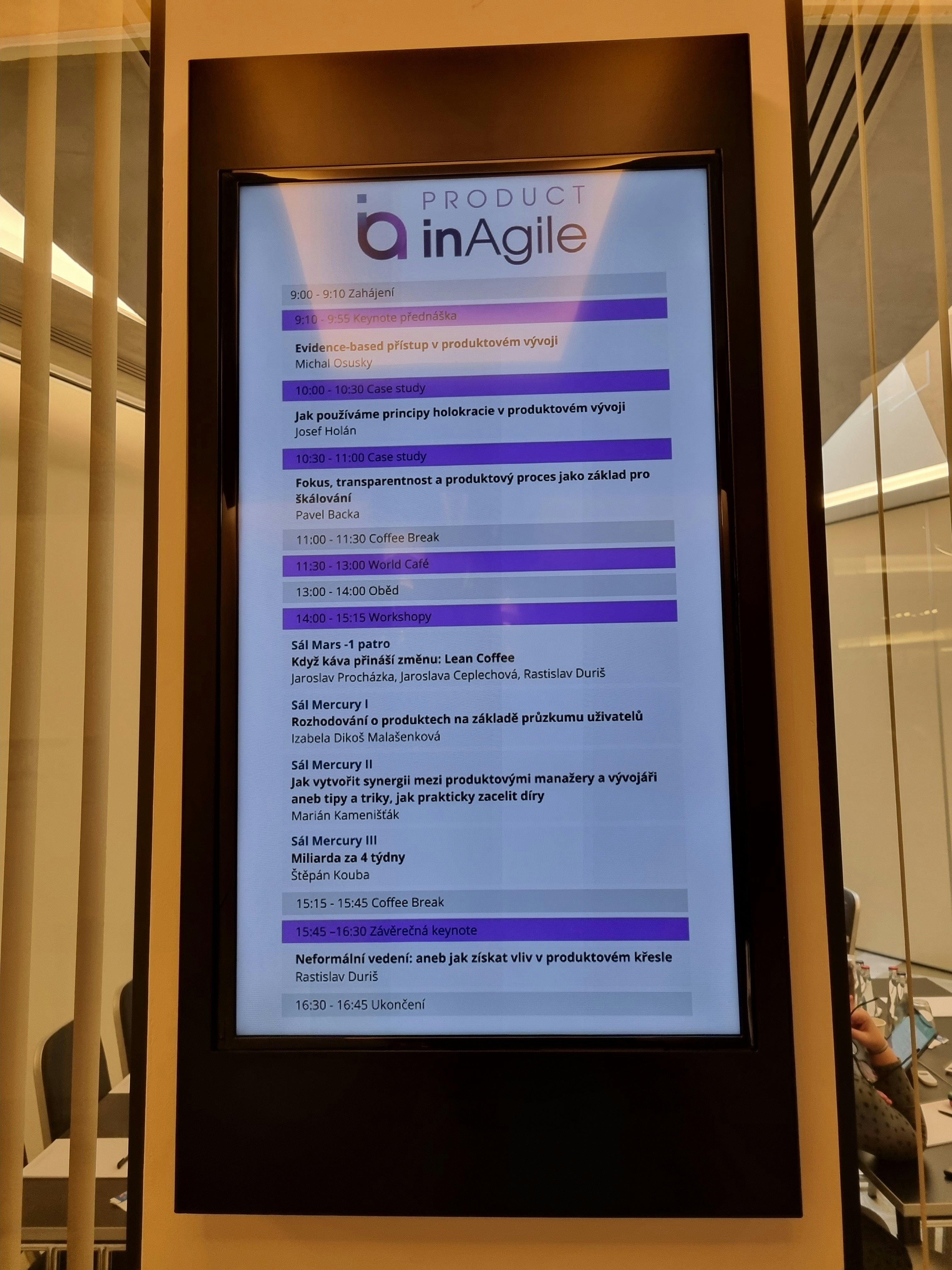Introduction
The civil engineering landscape in India is rapidly evolving with new technologies, updated codes, and changing industry demands. Whether you’re a fresh graduate looking to enhance your skills, an experienced professional aiming to stay current, or a real estate developer seeking to understand technical aspects better, continuous learning is essential for career growth and project success.
This comprehensive guide presents 27+ carefully curated free courses & certifications for Engineers in Construction Industry, specifically relevant to Indian engineers. From government-backed programs by IITs to industry-specific software training, these resources cover everything from traditional construction methods to emerging technologies like AI and blockchain in construction.
Who Should Read This?
- Fresh civil engineering graduates seeking industry-relevant skills
- Experienced professionals wanting to upgrade their knowledge
- Real estate developers and investors understanding technical processes
- Students working on project reports and dissertations
- Home builders planning construction projects
- Contractors and site engineers improving their expertise

Processes to get free courses & certifications for Engineers
Government & IIT-Backed Learning Framework
NPTEL (National Programme on Technology Enhanced Learning)
- Register on nptel.ac.in with your academic/professional credentials
- Enroll in “Construction Project Management” (12-week course)
- Follow weekly assignments and participate in discussion forums
- Complete proctored exam for official IIT certification
SWAYAM Platform Process
- Access Ministry of Education’s flagship platform
- Select “Advanced Concrete Technology” by IIT Madras
- Complete course modules at your own pace
- Obtain government-recognized certification
Compliance with IS Codes & Standards
- IS 456: Plain and Reinforced Concrete Code of Practice
- IS 1200: Method of Measurement of Building Works
- IS 13920: Ductile Design and Detailing of Reinforced Concrete Structures
- International standards: ACI, BS, Euro codes for global project compatibility
Software Proficiency Development
AutoCAD Civil 3D Learning Path
- Download free trial from Autodesk Education Community
- Complete basic 2D drafting modules
- Progress to 3D modeling and surface creation
- Master pipe networks and corridor design
- Attempt Autodesk Certified User exam
BIM Implementation Strategy
- Start with Revit for Infrastructure basics
- Learn Navisworks for clash detection
- Understand ISO 19650 BIM standards
- Practice collaborative workflows
Requirements
Learning Infrastructure Needs
Basic Requirements
- Computer with minimum 8GB RAM for software courses
- Stable internet connection (minimum 2 Mbps)
- Webcam and microphone for proctored exams
- Basic engineering calculator
Software Access
- Free student licenses from Autodesk Education Community
- Open-source alternatives: FreeCAD, QGIS for GIS training
- Cloud-based platforms for project management tools
Time Investment
- NPTEL courses: 3-4 hours per week for 12 weeks
- Software training: 2-3 hours daily for 2-3 months
- Professional certifications: 6-12 months preparation
Mentorship Network
- IIT faculty through online forums
- Industry professionals via LinkedIn Learning
- Peer groups through course discussion platforms
- Local engineering societies and chapters
Learning phases & milestones
Pre-Learning Phase
Deliverables:
- Skills assessment report
- Learning pathway roadmap
- Resource allocation plan
- Timeline with milestones
Certifications to Target:
- Google Project Management Professional Certificate
- AutoCAD Certified User
- BIM Fundamentals ISO 19650 Awareness
Impact: Provides structured approach to skill development and career planning
Active Learning Phase
Weekly Deliverables:
- Assignment submissions (NPTEL/SWAYAM courses)
- Software project files (AutoCAD, Revit)
- Progress tracking reports
- Peer interaction records
Monthly Assessments:
- Skill evaluation tests
- Project portfolio updates
- Industry trend analysis
- Network expansion tracking
Impact: Ensures consistent progress and practical application of theoretical knowledge
Post-Completion Phase
Final Deliverables:
- Completed certificates and transcripts
- Portfolio of software projects
- Industry connections database
- Career advancement plan
Professional Recognition:
- Updated LinkedIn profile with certifications
- Enhanced resume with new skills
- Industry project proposals
- Consultation opportunities
Impact: Immediate application in job market and project execution
Where to Find Free Courses and Certifications for Engineers?
Educational Institutions
- IITs/IISc: Course content providers through NPTEL
- NICMAR: Industry-specific training and webinars
- Communication Protocol: Weekly assignments, forum discussions, doubt clearing sessions
Software Companies
- Autodesk: CAD and BIM software training
- Oracle: Primavera project management tools
- Communication Method: Online tutorials, certification exams, technical support
Government Bodies
- Ministry of Education: SWAYAM platform management
- BIS (Bureau of Indian Standards): IS Code training
- RERA: Legal compliance training for real estate
Learning Management Systems
- Regular progress tracking through course dashboards
- Automated reminders for assignment deadlines
- Performance analytics and feedback systems
Industry Interaction
- Monthly webinars by Larsen & Toubro, Tata Projects
- Quarterly industry trend reports
- Annual career fair participation
Peer Networks
- Weekly study group meetings (virtual/physical)
- Monthly project showcase sessions
- Quarterly alumni meetups
Cost-Effective Learning Strategies
Free vs. Paid Training Optimization
- Utilize maximum free content before considering paid options
- Apply for financial aid on platforms like Coursera
- Leverage trial periods strategically for software training
Return on Investment Analysis
- Free NPTEL Course: ₹0 investment, potential 15-20% salary increase
- Software Certifications: ₹5,000-10,000 investment, 25-30% career advancement probability
- Professional Certifications: ₹15,000-25,000 investment, 40-50% job market advantage
Energy-Efficient Study Methods
- Use cloud-based platforms to reduce hardware requirements
- Opt for mobile learning apps during commute time
- Implement batch learning to optimize internet usage
Resource Sharing Networks
- Form study groups to share software licenses
- Create resource libraries for reference materials
- Establish mentorship chains for knowledge transfer
Green Building Knowledge Integration
- GRIHA online modules for sustainable construction
- IGBC workshops for LEED certification
- Carbon footprint reduction strategies for project implementation
Results & Key Takeaways
Quantifiable Outcomes:
- Secured position with Tata Projects with 35% higher starting salary
- Completed 6 industry-recognized certifications
- Built network of 200+ industry professionals on LinkedIn
Qualitative Improvements:
- Enhanced confidence in technical discussions
- Better understanding of project lifecycles
- Improved communication skills through technical report writing course
Key Success Factors:
- Consistent daily learning schedule (2-3 hours)
- Active participation in online forums and discussions
- Practical application through mini-projects and case studies
Lessons Learned:
- Free resources can be as effective as paid courses with proper commitment
- Industry networking through online platforms accelerates career growth
- Continuous learning mindset is essential in rapidly evolving construction industry
Strategies to Implement
Common Learning Risks
Time Management Challenges
- Risk: Inability to balance learning with work/studies
- Mitigation: Create structured timetable with realistic goals, use mobile apps for micro-learning during commute
Technology Barriers
- Risk: Limited access to high-end computers for software training
- Mitigation: Utilize computer labs in colleges/libraries, form study groups to share resources
Certification Validity Concerns
- Risk: Uncertainty about industry recognition of online certificates
- Mitigation: Focus on courses from recognized institutions (IITs, government platforms), verify with industry professionals
Quality Assurance Strategies
Content Verification
- Cross-reference course material with current IS codes
- Validate information through multiple sources
- Seek feedback from practicing engineers
Skill Assessment
- Regular self-evaluation through practical projects
- Participate in online competitions and hackathons
- Seek mentorship from industry professionals
Career Planning Risks
- Risk: Mismatch between learned skills and market demand
- Mitigation: Regular industry trend analysis, networking with recruiters, continuous market research
Legal and Compliance Considerations
Intellectual Property Awareness
- Understand software licensing terms for educational use
- Respect copyright in course materials and projects
- Maintain ethical standards in certification processes
Professional Practice Guidelines
- Follow IE (India) guidelines for continuing professional development
- Maintain records for professional license renewal
- Adhere to safety and environmental regulations in project work
Visual Aids Implementation
Cost vs. Time Analysis Graph

Learning Pathway Infographic

Salary Impact Comparison Table
| Certification Level | Average Salary Increase | Market Recognition | Time Investment |
|---|---|---|---|
| Basic (NPTEL only) | 15-20% | Government/Academic | 3-4 months |
| Intermediate (+ Software) | 25-35% | Industry Standard | 6-8 months |
| Advanced (+ Professional) | 40-60% | Premium Recognition | 12-18 months |
Industry Demand Heatmap

Conclusion & Further Reading
The journey of continuous learning in civil engineering has never been more accessible or crucial. With 27+ free courses & certifications for Engineers outlined in this guide, Indian civil engineers have unprecedented opportunities to advance their careers without significant financial investment.
Key Takeaways:
- Government-backed platforms like NPTEL and SWAYAM provide world-class education at zero cost
- Software proficiency in AutoCAD, BIM, and project management tools is essential for career growth
- Emerging technologies like AI, blockchain, and drone surveying are creating new opportunities
- Continuous learning and networking are critical for long-term success in the construction industry
Immediate Action Steps:
- Register on NPTEL and select one course relevant to your career goals
- Download AutoCAD free trial and begin basic training
- Join professional groups on LinkedIn for networking
- Create a learning schedule with realistic milestones
External Resources:
- NPTEL Official Website
- SWAYAM Learning Platform
- Autodesk Education Community
- Institution of Engineers (India)
The construction industry in India is poised for tremendous growth with infrastructure projects worth trillions of rupees in the pipeline. By investing in continuous learning through these free resources, civil engineers can position themselves at the forefront of this exciting transformation while contributing to the nation’s development goals.




